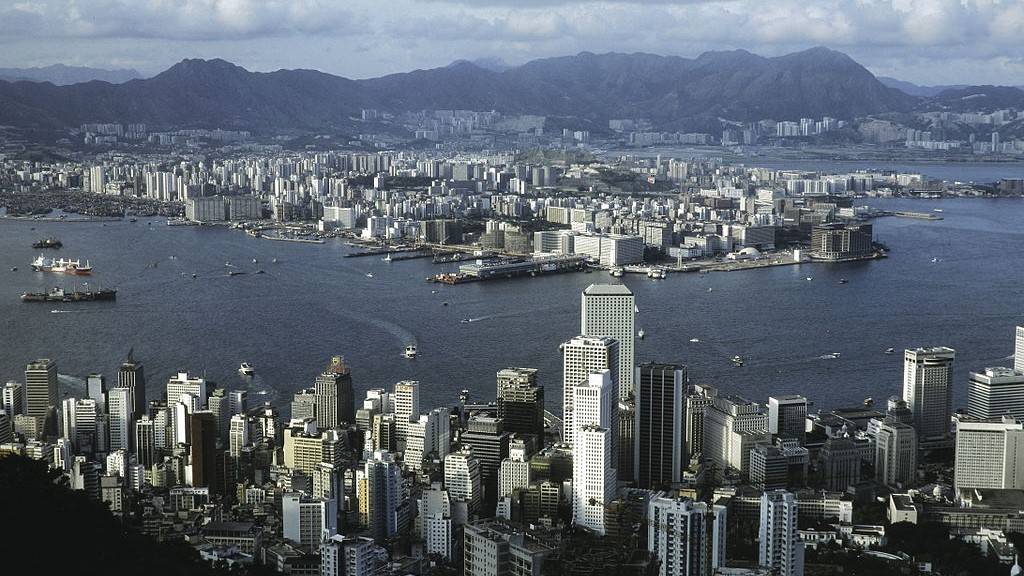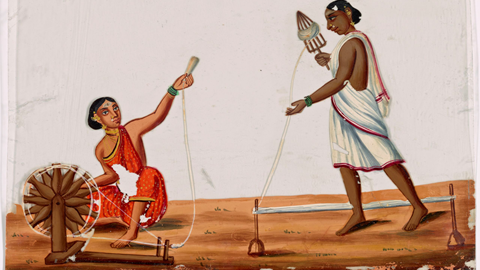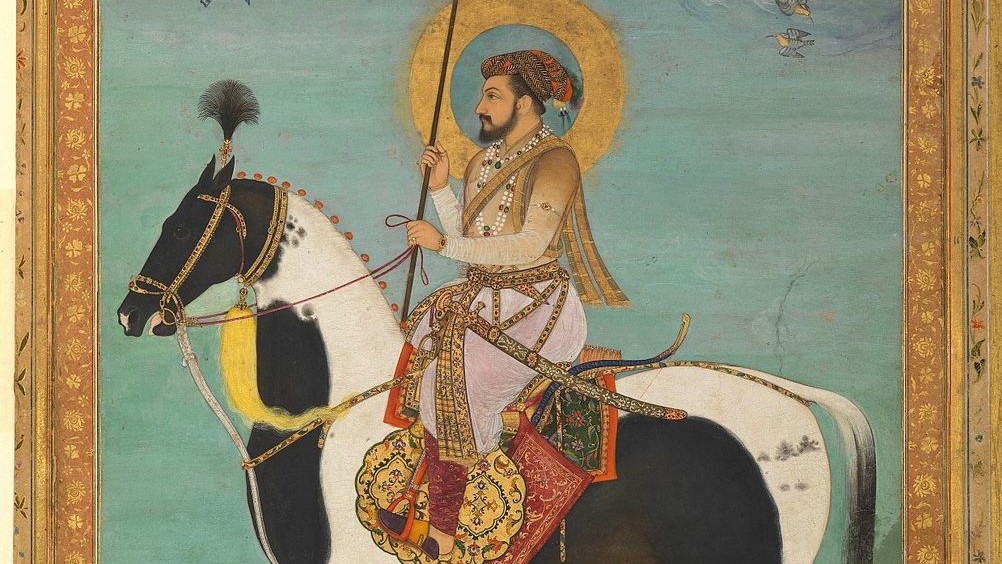In her recent publication in the Economic History Review, Department of Economic History PhD graduate and current LSE Fellow Safya Morshed examines how the Mughal Empire (1556–1707) handled the many rebellions that it faced, and how the policies adopted to manage those rebellions affected the development of the Mughal state. Her study shows how the cost of coercion and state-elite relationships can influence the development of state capacity.
Though rebellions were frequent, the Mughal state exhibited highly constrained behaviour, reinstating and sometimes even promoting rebel leaders who had attempted to secede, defect, or take territory by force. This can be seen in the high levels of forgiveness seen in the map.

Why would a state take this conciliatory approach to rebels? Morshed argues that the Mughal empire chose to forgive and negotiate with rebellious intermediaries in order to maintain its revenues and strengthen its state capacity.
The people who led rebellions against the Mughal empire had a high level of administrative capacity. This meant that rebels were difficult to replace without incurring substantial costs. At the same time, the constant conflict and high costs of administration in more distant areas prevented the state from pursuing more direct control of its regions. By adopting more inclusive and constrained political policies towards rebellious intermediaries, the Mughal state achieved a higher total revenue and greater control over its territories, albeit at the expense of sharing a portion of revenues and autonomy with these intermediaries.
As a result, the state was able to command a strong and adaptable military force capable of withstanding large conflicts.
Read the full publication in the Economic History Review here: State of forgiveness: cooperation, conciliation and state formation in Mughal South Asia (1556-1707)




